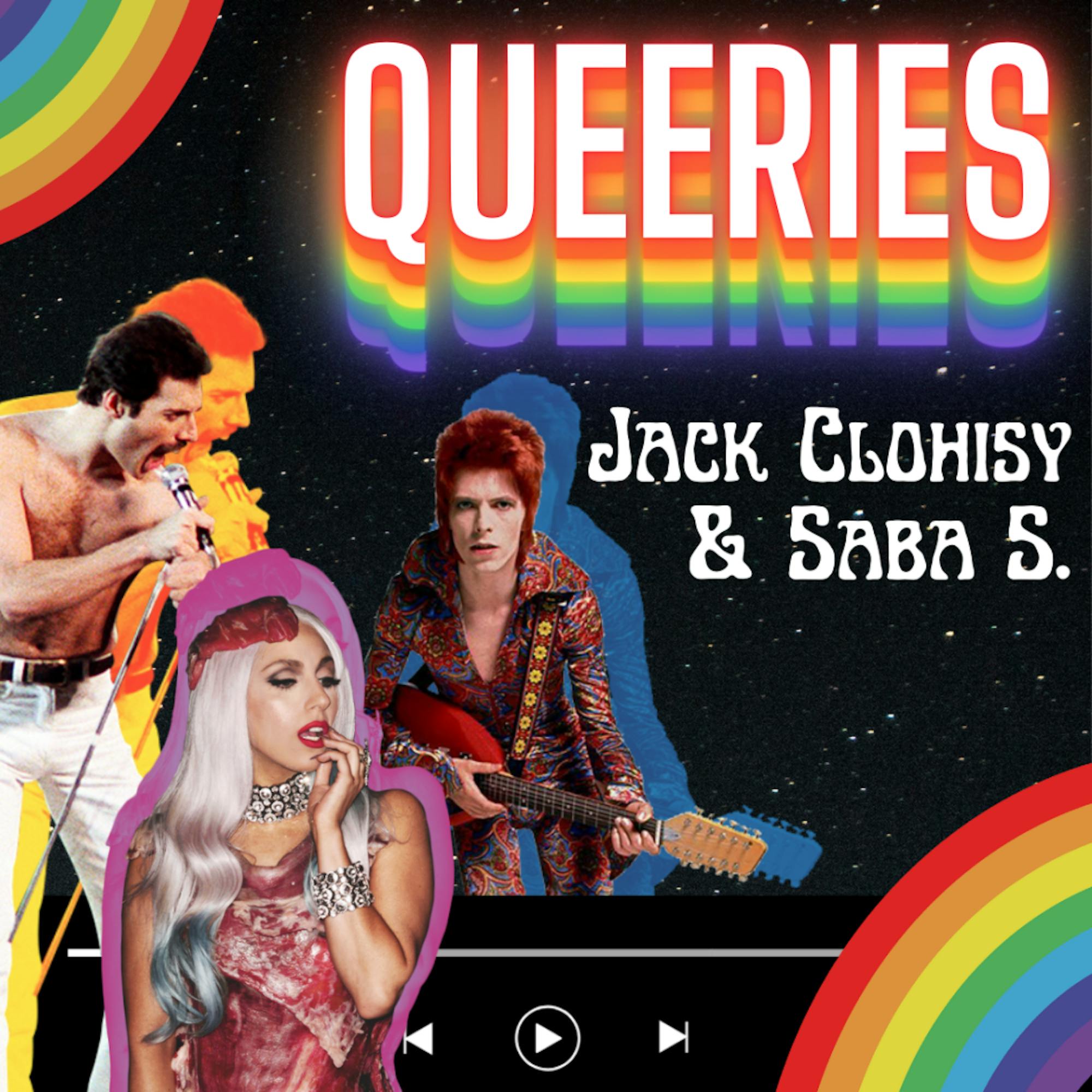Laguna Beach, Calif., now a famous tourist destination due to the MTV reality show “Laguna Beach: The Real Orange County” (2004), was not always known for its beautiful beaches and unique coves, but used to be a gay Southern California hotspot. Now known for its quirky art galleries and walkable beaches, there still exists a visible acknowledgement to the queer history and progress that this city has helped create and grow.
Laguna Beach has always been a vacation destination with its beautiful oceanside bluffs and a walkable downtown that is close to the crowded, fast-paced Los Angeles metro area. In spite of its popularity among masses, Laguna Beach became a safe haven for queer nightlife during the 1930s regardless of the anti-LGBTQ+ sentiment that existed during the decade. When police raids were at an all time high on LA gay and lesbian bars, Laguna was a queer refuge.
Visiting Laguna Beach over spring break, we saw pride flags flying in the store fronts as a visible symbol that this city is a safe space for everyone to express themselves freely. We were lucky enough to walk past The Seahorse Bar at Pearl Street General, a famous bar in Laguna’s downtown. The Seahorse, Laguna Beach’s unofficial first gay club, had a pride flag flying high. This historic speakeasy was first set up in 1926 as a liquor and hardware store fronting as, once again, a safe haven for LGBTQ+ individuals. Now a prominent bar due to its history, individuals visiting flock to The Seahorse to visit the past and pay tribute to its legacy.
When the rest of the world didn’t feel safe, Laguna Beach was known for its tolerance and queer lifestyle, and this occurred well past the mid-1900s. Even in the 1980s, during the peak of the AIDS epidemic which led to gay segregation in major U.S. cities, Laguna had an estimated queer population of 25–30%. During this time, the city elected Bob Gentry to the city council, where he became the first openly gay mayor in the United States. The history of Laguna Beach shows that it has always been, and always will be, a city that prides itself in its tolerance and diversity.
Both LGBTQ+ social and political history has been made in this small beach town.
It is more important now than ever with the ever-growing concerns of anti-queer legislation passing in states across the U.S. to have spaces for queer and trans people to congregate safely. After watching tragedies unfold in queer nightlife spaces such as the Pulse nightclub, visions of places such as Laguna Beach remind us that we need to work together to build and maintain these spaces for the queer and trans communities.






